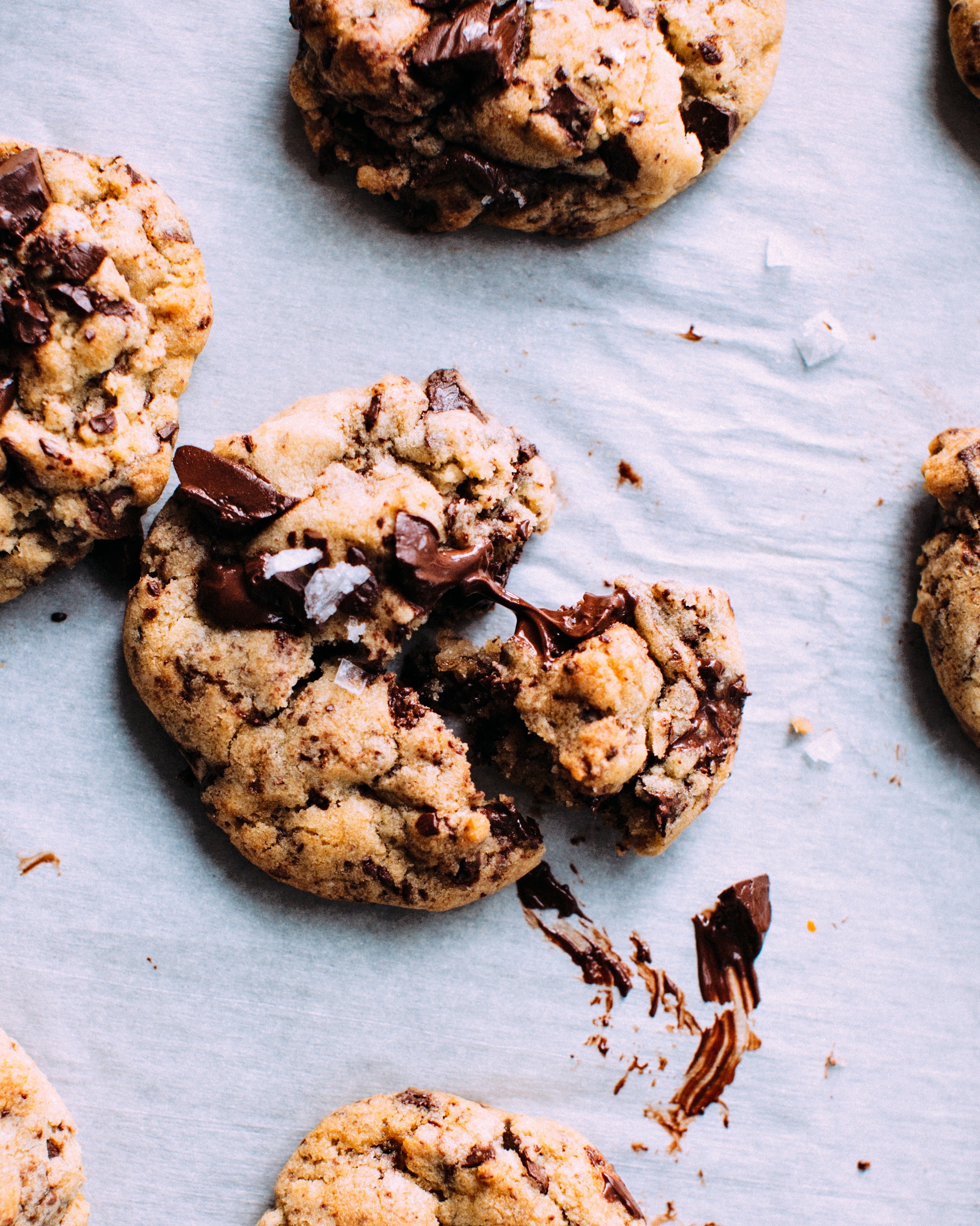I am sure many of you can relate to reaching for comfort foods, when stressed in the hope it will dull out the stress response and make you feel better. Considering that comfort foods are rarely vegetables and fruit and instead usually resemble high fat, high sugar and high-refined carb foods, stress eating is often associated with weight gain and new research has looked into this connection.
The research using mice found that when under chronic stress alone, insulin levels were slightly raised and when this was coupled with a high-calorie diet (ie high intake of comfort foods), insulin levels were raised 10 times higher than mice that were stress free and ate a normal diet. Prolonged high levels of insulin caused nerve cells to stop responding to the call of insulin and this desensitisation prompted mice to eat more food while reducing the bodies’ normal response to burn energy. Overall, the research showed that chronically stressed mice feeding off high calorie food became obese more quickly than mice feeding off the same high calorie food in a stress-free environment.
While this research was conducted using mice and we don’t know the exact effect in humans, it provides some insight into the impact of stress on our weight and highlights the importance of making better food choices, when stressed because it’s a time when weight gain can be more likely to occur.
Next time you are going through a period of stress, instead of reaching for comfort foods, try some of the below tips first to help your body better adapt to the stress:
Magnesium
Consuming foods rich is magnesium is key for anyone under stress. This is because magnesium is well known for its ability to help the body adapt to stress. Specifically, magnesium can help to reduce the release of stress hormones and is also a co-factor necessary to synthesise our feel good and calming neurotransmitters, serotonin and dopamine.
Food sources include: almonds, barley, cashews, cocoa, eggs, figs, leafy greens, soy beans and whole grains.
B-vitamins
Similar to magnesium, B-vitamins act as co-factors necessary to synthesis neurotransmitters, helps support the nervous system and also helps the release of energy from food.
Food sources include: asparagus, beef, lamb, legumes, whole grains, avocado, broccoli, sunflower seeds, sweet potato and dairy.
Protein
Protein is your secret weapon when it comes to regulating appetite when stressed. Protein is incredibly satiating which means we feel fuller for longer post eating and we are therefore less likely to seek out comfort foods. Protein also helps to supply the building blocks to manufacture neurotransmitters.
Food sources include: meat, fish, legumes, tofu, eggs, dairy, nuts/seeds, protein powder.
Plan ahead
When stressed and operating in survival mode, its unlikely healthy food will be prioritised. Unfortunately, this is the down fall for many because quick and easy options start to appeal despite not providing optimal nutrition to fuel you through the stress and are often laden with poor quality fats, salt, sugar and refined carbs. Planning a few meals in advance doesn’t have to eat into your schedule too greatly. It can be as simple as mixing together a can of fish, microwave rice cup, bag of mixed leaves and drizzling with olive oil, nuts and seeds or if home late, scrambling eggs adding some spinach and avocado and serving on wholegrain toast. Have a list of quick go to meals on hand and make sure to have the ingredients at home ready to go.
Reduce caffeine and opt for more energy sustaining drinks
It goes without saying, caffeine fuels stress and can make the situation worse so instead of reaching for coffee or energy drinks, try a drink, which will help replenish lost nutrients and support the nervous system. For example, a small vegetable juice or smoothie using banana, spinach, avocado and cacao are good options.
Eat away from your desk
Its not just what we eat but how we eat – if we are inhaling our food at our desks in a state of stress, it wont do us any favours and will likely just end in a belly ache. Instead, take the time to step away from your desk and eat in a calm state, distraction free. I understand, Its easier said than done so even if you have to stay in the office but manage to find a quiet spot, its better than nothing!
